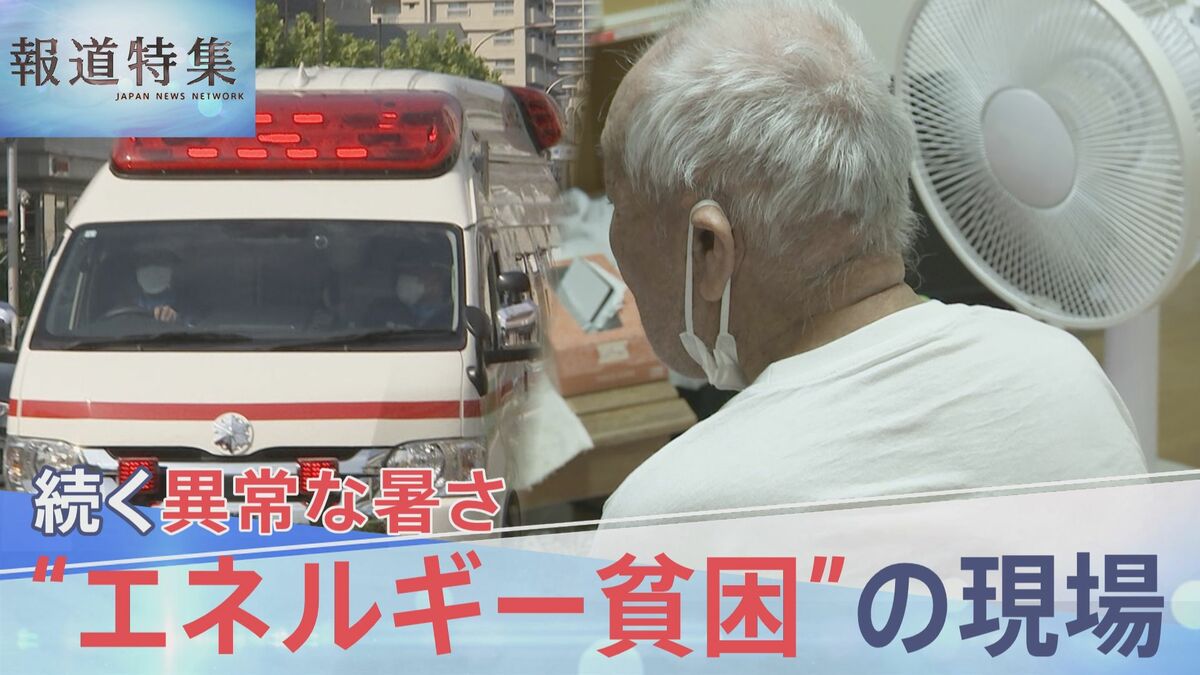As Japan continues to experience extreme heat, an often overlooked issue becomes more pressing - energy poverty. Many citizens within the nation are unable to afford vital cooling technologies to adapt to the rising temperatures. This scenario further exacerbates an already present economic disparity between different sections of the society. Calls for systemic changes and more support for those struggling with energy poverty are growing louder, particularly with continuing global climate change.
In Japan, concern about the environment and societal well-being is paramount. Japan has typically prided itself on its low poverty rates and excellent living conditions; however, the challenge of energy poverty sullies this image somewhat. As this problem continues to emerge with climate change, public outcry for government aid is increasing. This issue also intertwines with Japan's energy policy, such as the shift away from nuclear power, making it a complex problem with deep societal implications.
In contrast to the US or the EU, where energy poverty might be more widely recognized and discussed due to the prevalence in certain areas, Japan has been relatively quiet on this front. However, the rise of global warming and the increasing urgency of dealing with its ramifications have brought Japan into alignment with the global discussion about energy poverty and its solutions.

